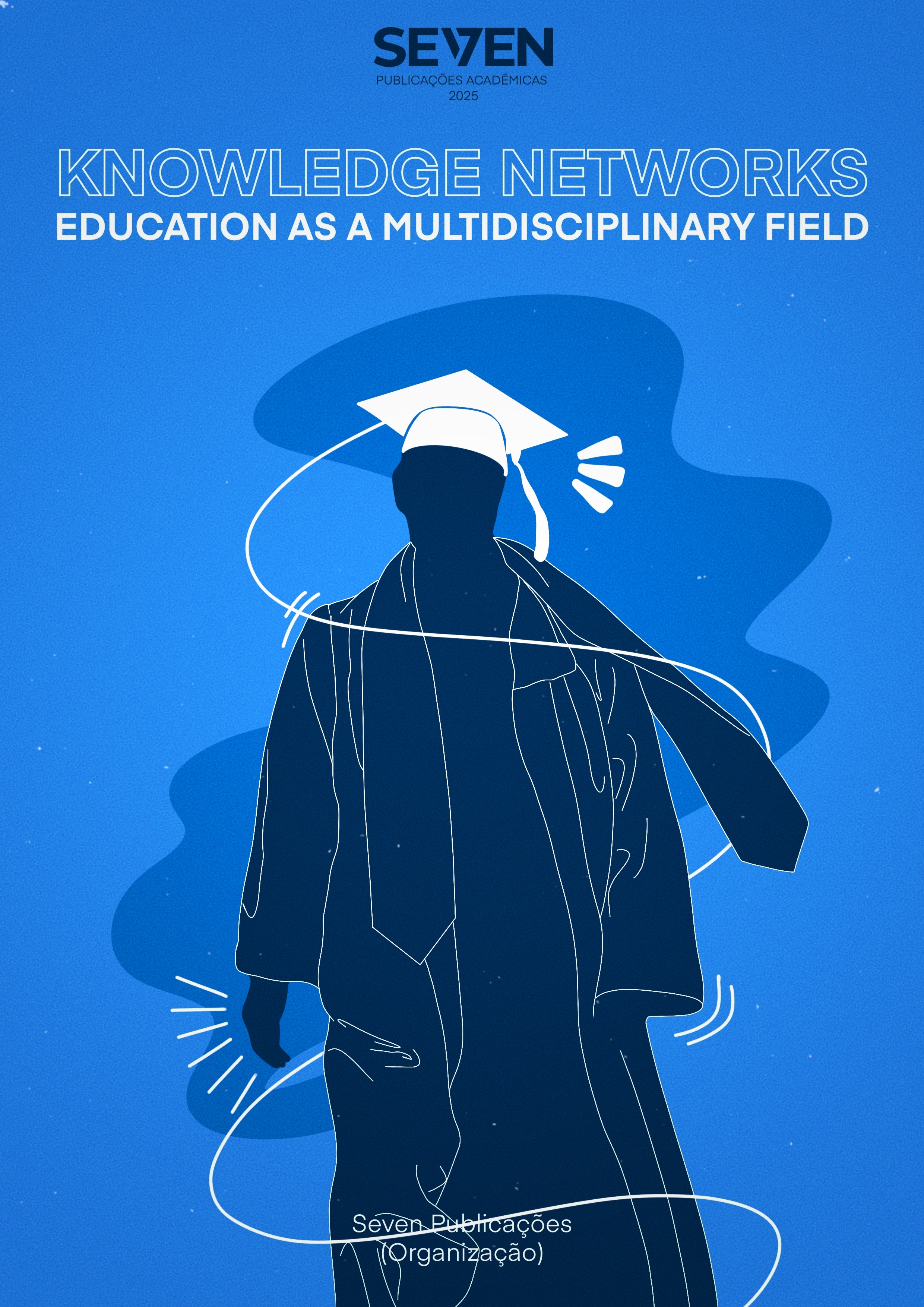ARTIFICIAL INTELLIGENCE APPLIED TO THE LITERACY OF CHILDREN WITH AUTISM SPECTRUM DISORDER (ASD): POTENTIAL AND CHALLENGES
Keywords:
Literacy, Artificial Intelligence, Autistic Spectrum DisorderAbstract
This study analyzes the potential and challenges of using Artificial Intelligence (AI) in the literacy process of children with Autism Spectrum Disorder (ASD). ASD is characterized by varying degrees of impairment in social interaction and communication, often associated with restricted interests and activities. Through bibliographical research and analysis of academic studies, the article investigates how AI-based teaching technologies can contribute to learning to read for this audience, considering that guaranteeing the right to inclusive education is fundamental for people with disabilities. The adoption of AI in this context presents opportunities for personalization and pedagogical support, but also faces significant barriers, such as the difficulty of access, the lack of preparation of educators and students, as well as ethical issues involving information security and privacy. The discussion covers the theoretical background, legal frameworks, potential, implementation challenges and case studies. It concludes that although AI offers promising resources for literacy for children with ASD, its implementation requires investment in infrastructure, teacher training and policies that ensure data protection and effective inclusion.
Downloads
Published
Issue
Section
License
Copyright (c) 2025 Karen Araujo Sarmento

This work is licensed under a Creative Commons Attribution-NonCommercial 4.0 International License.





